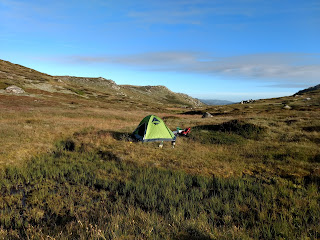Physicists are not the only ones with hubris!
Physicists are notorious for thinking they can revolutionise other fields. The results are often embarrassing. Previously, I considered how to (not) break into a new field. One of the basic points ito remember is that there is a lot of nuance, a lot of rich history, and a lot of very smart hard-working people associated with any worthwhile intellectual endeavour. In 2015 Steven Weinberg published To Explain the World: The Discovery of Modern Science. In the book he belittles all the nuance that historians of science bring to the subject. One review was entitled, Why Scientists Shouldn’t Write History . The Harvard cognitive scientist Steven Pinker has a new book out, Enlightenment Now: The Case for Reason, Science, Humanism, and Progress . The book spans cognitive science, history, philosophy, economics, and politics.... It is receiving a lot of attention in the popular press. My UQ history colleague, Peter Harrison has a robust critique, The Enlightenment of Steven Pinke

